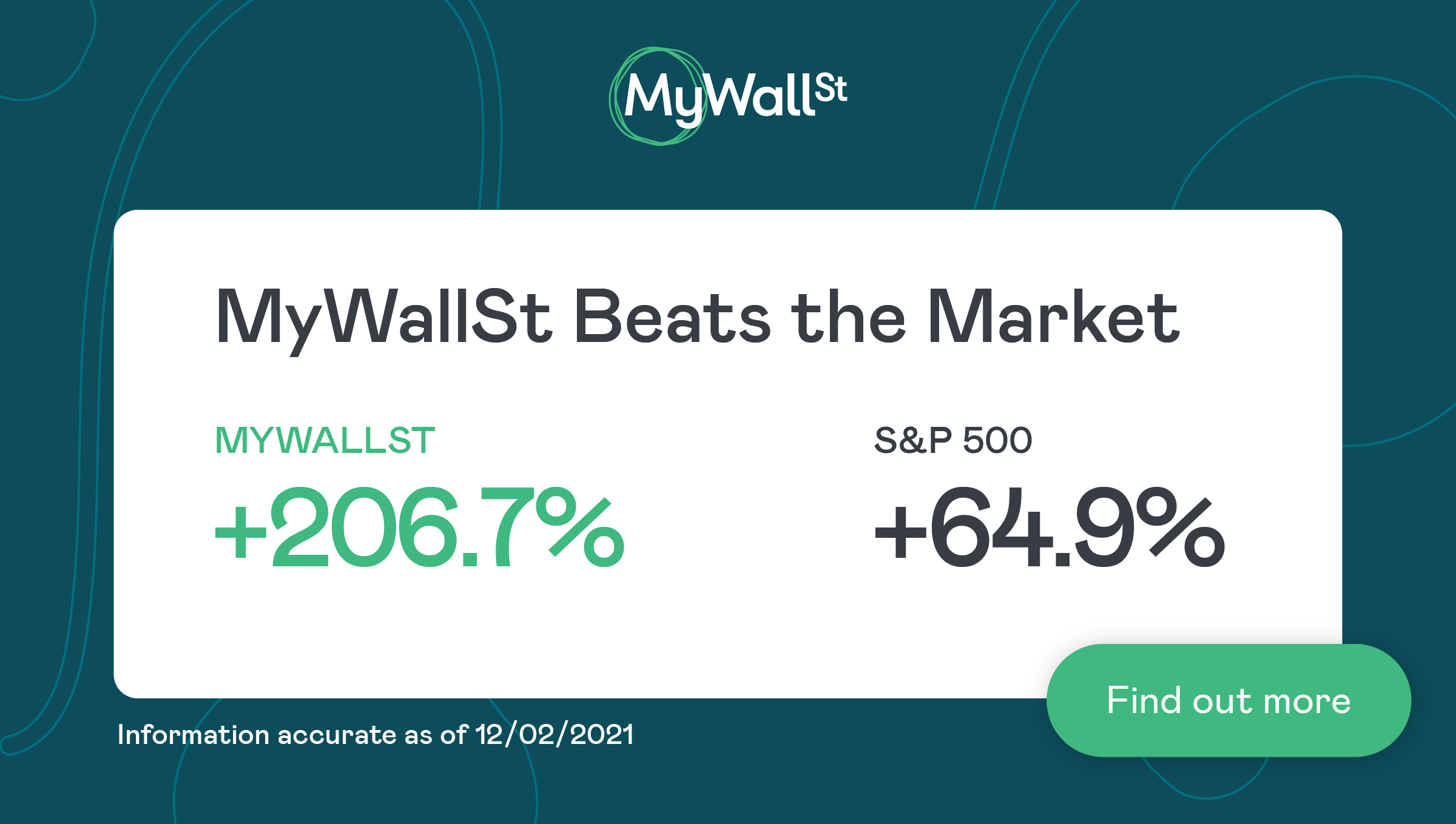The global cloud computing market was estimated to be worth $321 billion in 2019 and is expected to grow at a compound annual growth rate (CAGR) of 18% to reach $1.02 billion by 2027. Both companies are working hard in the space with differentiated products, but here we will analyze which company makes for the better investment right now.
This article was originally written by MyWallSt. Read more market-beating insights from the MyWallSt team here.
Splunk: Bull vs Bear Arguments
Splunk Inc (NASDAQ: SPLK) develops and markets software solutions that enable organizations to gain real-time operational intelligence and has 12,000 customers, including 91 of the Fortune 100. Splunk is a $22 billion company but still has great growth potential. Splunk’s IT operations analytics industry is expected to grow at a compound annual growth rate (CAGR) of 16.9% until 2027, giving the company plenty of room to expand. In October 2020, the company announced that it expects the company to grow annual recurring revenue at a 40% compounded basis through the January 2023 fiscal year, reaching $4.5 billion.
Splunk was founded in 2003 and the company is hugely experienced in the data monitoring and analytics space, which has faced some disruption with new players such as Datadog (NASDAQ: DDOG). Splunk’s expertise and ability to keep up with the offerings of new players have kept it at the top of the leaderboard in terms of revenue. Splunk’s constant innovation is impressive — it is currently transforming its business model to adapt to newer consumer expectations and competition.
The company quickly acknowledged the shift towards cloud computing and so developed a cloud-native offering to retaliate against competition three years ago. This has enabled the company to continue growing revenue, with its Q4 2020 cloud annual recurring revenue (ARR) growing 83% year-over-year (YoY) to $810 million. Full-year ARR grew 41% YoY, to $2.36 billion and cloud revenue grew 72% YoY to $171 million.
As for the bear case, the company is 18 years old and has been public for 9 years but is still not profitable and expects to continue burning cash throughout 2021. The business has $2.25 billion in debt on the balance sheet. Luckily, Splunkhas $2.06 billion in cash and equivalents which help offset this figure.
Workday: Bull vs Bear Arguments
Workday (NASDAQ: WDAY) is a SaaS cloud platform with an emphasis on financial management and human capital management. We have seen businesses rushing towards digitization and advanced cloud data storage to increase reliability, profits, and margins. The pandemic has accelerated this demand, with cloud spending rising 37% to $29 billion at the start of 2020, and this trend is expected to continue as businesses look for scalable, secure, reliable, and cost-effective off-premises technology services — this leaves huge potential for Workday.
The company’s product is the best among its peers and continues to improve. Cloud companies spend an average of 15% of their revenue on research and development — Workday spends 30%, so that its product will stay at the top and continue exceeding customer expectations. The business saw Q4 2020 revenue rising 16% YoY to $1.13 billion, with subscription revenue rising 20% YoY to $1.01 billion. Full-year revenues increased to $4.32 billion, 19% growth from 2019, with subscription revenue seeing growth of 22.4%. Workday has worked on its operating cash flow, increasing almost 47% to $1.27 billion.
Though good financials and growth potential given the global shift towards remote-friendly working environments, Workday’s bear case is the uncertainty around how the pandemic-fueled recession may dampen revenue in 2021 and slow growth. Executives have shared concerns about this, stating that its human resources and accounting tools struggled to gain new clients in 2020. This is a short-term worry, as I don’t doubt Workday’s ability to grow at a faster rate when the economy starts to pick up again. The business also has an unimpressive free cash flow profile, as close to 90% of its operating cash flow is stock-based compensation.
Which stock is a better watch right now?
Both are great investments, but for me, Workday comes out on top. Its product line will see more and more demand as the world becomes more open to remote working, and the stock is attractively priced with it taking into consideration the slower expected growth. I believe Splunk is another great investment, but I see Workday having more room to grow in the mid to long-term.
MyWallSt gives you access to over 100 market-beating stock picks and the research to back them up. Our analyst team posts daily insights, subscriber-only podcasts, and the headlines that move the market. Start your free trial now!
Disclaimer Past performance is not a reliable indicator of future results.
CMC Markets is an execution-only service provider. The material (whether or not it states any opinions) is for general information purposes only, and does not take into account your personal circumstances or objectives. Nothing in this material is (or should be considered to be) financial, investment or other advice on which reliance should be placed. No opinion given in the material constitutes a recommendation by CMC Markets or the author that any particular investment, security, transaction or investment strategy is suitable for any specific person.
The material has not been prepared in accordance with legal requirements designed to promote the independence of investment research. Although we are not specifically prevented from dealing before providing this material, we do not seek to take advantage of the material prior to its dissemination.
CMC Markets does not endorse or offer opinion on the trading strategies used by the author. Their trading strategies do not guarantee any return and CMC Markets shall not be held responsible for any loss that you may incur, either directly or indirectly, arising from any investment based on any information contained herein.
*Tax treatment depends on individual circumstances and can change or may differ in a jurisdiction other than the UK.
Continue reading for FREE
- Includes free newsletter updates, unsubscribe anytime. Privacy policy






